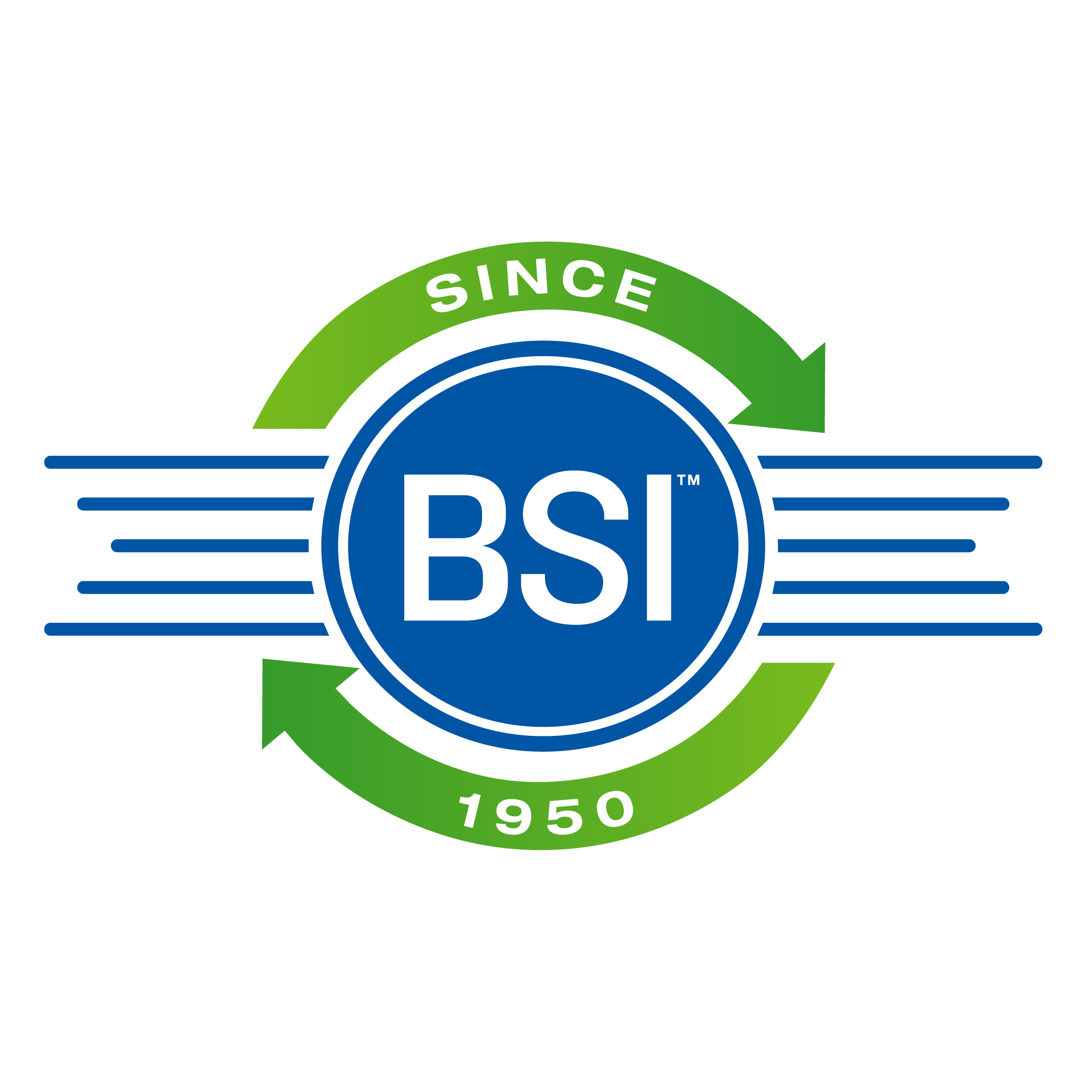What Do Restaurants Do with Grease?
- Becks Sanitation

- Mar 20, 2025
- 2 min read
Updated: Jul 28, 2025
Ever wondered what restaurants do with grease after a busy day of frying, sautéing, and grilling? Managing used cooking oil and grease is a significant aspect of running a restaurant. Not only does proper grease management prevent plumbing emergencies, but it also aligns with environmental regulations and can even generate additional revenue. In this article, we’ll explore what restaurants do with grease, how it’s handled, and recycled, and the professional services involved.
Understanding Restaurant Grease Management
Every restaurant generates grease and oil through cooking processes. If not properly managed, this grease can cause serious issues, including clogged pipes and environmental harm. So, what do restaurants do with grease? The initial step is to collect it in a grease trap. A grease trap is a plumbing device specifically designed to capture grease and solids before they enter the wastewater disposal system. This helps prevent sewer blockages and the significant fines that may arise from grease accumulation.
Restaurants must clean these traps regularly to ensure they function effectively.

Recycling and Repurposing Used Cooking Oil
Once collected, what’s next? Many choose to recycle the oil, turning a potential waste product into something useful. Recycled grease can be processed into biodiesel, a renewable fuel that powers vehicles and machinery. This not only helps the environment by reducing the demand for fossil fuels but also offers restaurants a way to contribute positively to their communities.
Professional Grease Management Services
Handling large quantities of grease isn’t a task for restaurant staff alone. Professional grease management services play a crucial role. These companies specialize in the proper disposal and recycling of restaurant grease. They provide scheduled pickups, proper containers, and ensure that the grease is recycled or disposed of according to local regulations. By partnering with a professional service, restaurants can avoid the legal and environmental repercussions of improper grease disposal.
Benefits of Proper Grease Disposal

Proper disposal and recycling of restaurant grease have several benefits:
1. Environmental Protection: By preventing grease from entering the sewer system, restaurants help reduce water pollution and the risk of sewer overflows.
2. Compliance with Regulations: Many localities have strict regulations regarding grease disposal. Adhering to these rules helps restaurants avoid fines and legal issues.
3. Revenue from Recycling: Selling used
cooking oil to biodiesel companies can turn
an otherwise troublesome waste product into
a source of income.
Community and Environmental Impact
The community and environmental impacts of proper grease management are significant. By recycling grease and oil, restaurants contribute to the production of biodiesel, which burns cleaner than petroleum diesel and reduces greenhouse gas emissions. This effort supports local recycling initiatives and promotes a greener, more sustainable community.
Conclusion



Comments